Pantry Upgrade: 12 Ingredient Swaps to Make Any Meal Healthier
In the quest for a healthier lifestyle, the pantry is often an overlooked battleground. Stocked with staples and essentials, it holds the key to everyday meal preparation. By making strategic ingredient swaps, you can transform your meals, boosting their nutritional value without sacrificing taste. This guide explores 12 ingredient swaps that can elevate your culinary creations, supporting health goals and expanding your palate. From grains to sweeteners, each swap offers a unique benefit, aligning with dietary trends and nutritional science. Embark on a journey to upgrade your pantry and discover the profound impact these changes can have on your meals and well-being.
1. Whole Grains Over Refined Grains
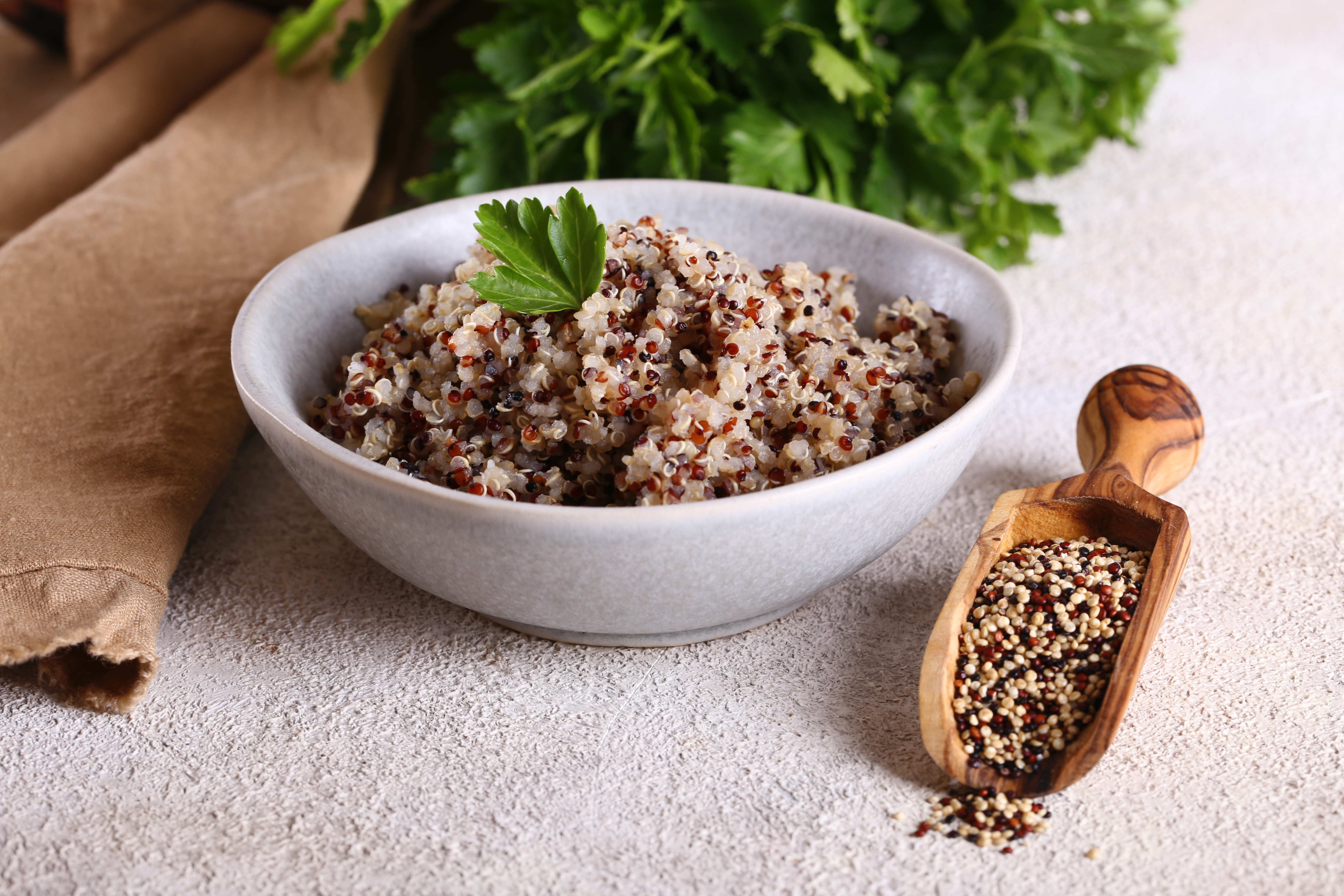
Whole grains are a powerhouse of nutrients compared to their refined counterparts. By swapping white rice or pasta for brown rice, quinoa, or whole wheat pasta, you increase your intake of fiber, vitamins, and minerals. Whole grains have been linked to a reduced risk of heart disease, diabetes, and obesity. They provide a slow release of energy, helping maintain steady blood sugar levels and keeping you full longer. The nutty flavor and chewy texture of whole grains can also add a new dimension to your meals, making them not only healthier but also more satisfying.
2. Natural Sweeteners Over Refined Sugars

Refined sugars are a major contributor to various health issues, including obesity and diabetes. By replacing them with natural sweeteners like honey, maple syrup, or stevia, you can reduce your sugar intake while still satisfying your sweet tooth. Natural sweeteners often contain antioxidants and nutrients absent in refined sugars. For instance, honey has antimicrobial properties, while maple syrup contains minerals like manganese and zinc. These alternatives can enhance the flavor profile of your dishes, offering a complex sweetness that complements both savory and sweet recipes.
3. Plant-Based Oils Over Saturated Fats

Swapping saturated fats such as butter and lard for plant-based oils like olive, avocado, or coconut oil can significantly improve heart health. These oils are rich in unsaturated fats, which help reduce bad cholesterol levels and lower the risk of heart disease. Olive oil, for example, is a staple of the Mediterranean diet, renowned for its heart-protective properties. Each oil brings its own unique flavor and smoking point, allowing for versatility in cooking. Whether drizzling over salads or using in baking, plant-based oils can be a simple yet powerful swap.
4. Greek Yogurt Over Sour Cream
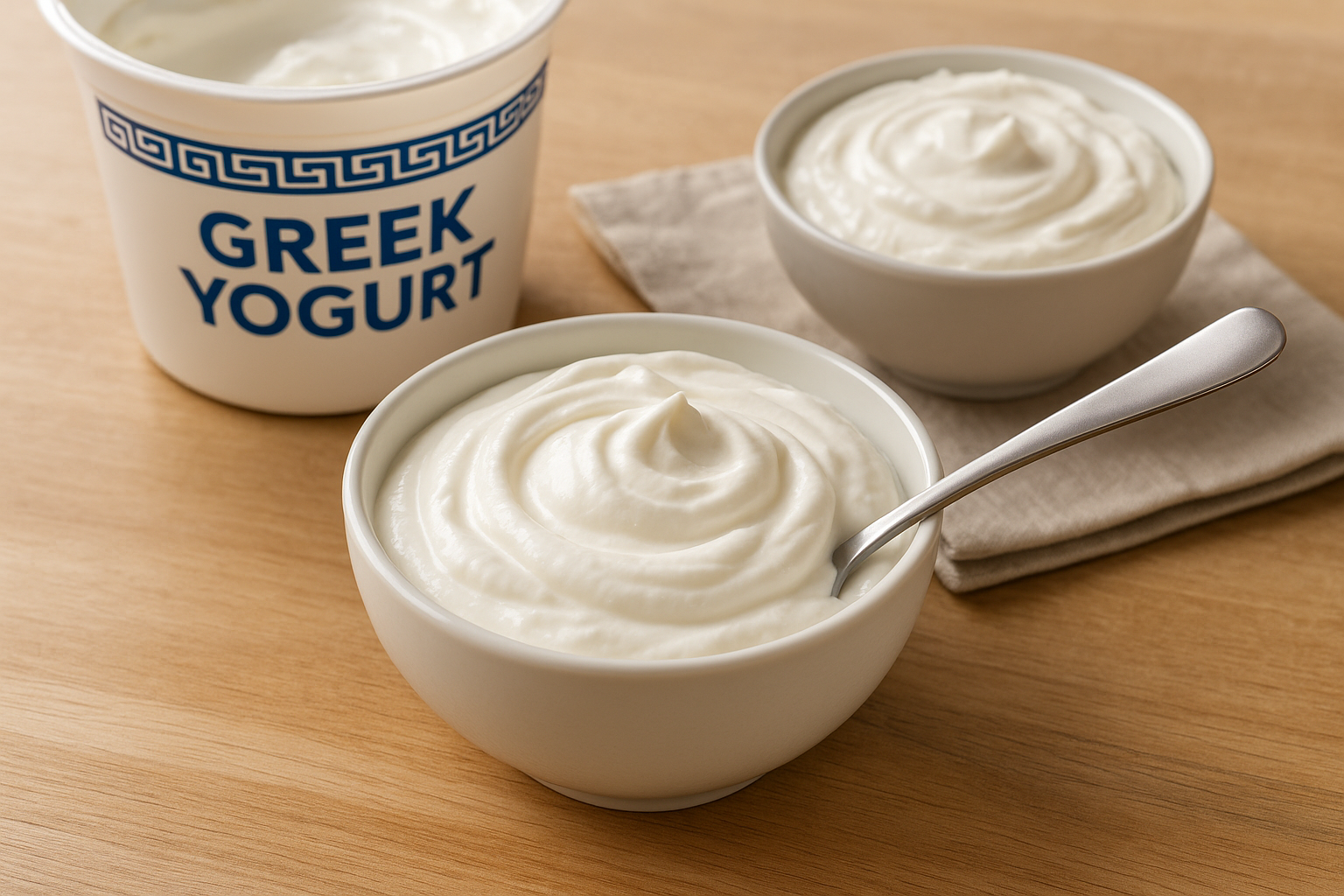
Greek yogurt is a versatile ingredient that can easily replace sour cream in recipes, offering a healthier alternative with more protein and less fat. It is rich in probiotics, which support gut health and digestion. The creamy texture and tangy flavor of Greek yogurt make it an excellent substitute in dips, dressings, and even baking. This swap not only cuts calories but also enhances the nutritional profile of your meals, contributing to muscle repair and boosting metabolism.
5. Herbs and Spices Over Salt

Excessive salt intake is linked to high blood pressure and cardiovascular diseases. By seasoning your meals with herbs and spices instead of salt, you can enhance flavor while reducing sodium intake. Options like garlic, ginger, turmeric, and cumin not only add depth to dishes but also come with their own health benefits. Turmeric, for instance, has anti-inflammatory properties, while ginger aids digestion. This swap encourages creativity in the kitchen, allowing you to explore global cuisines and flavors without compromising health.
6. Lean Proteins Over Processed Meats
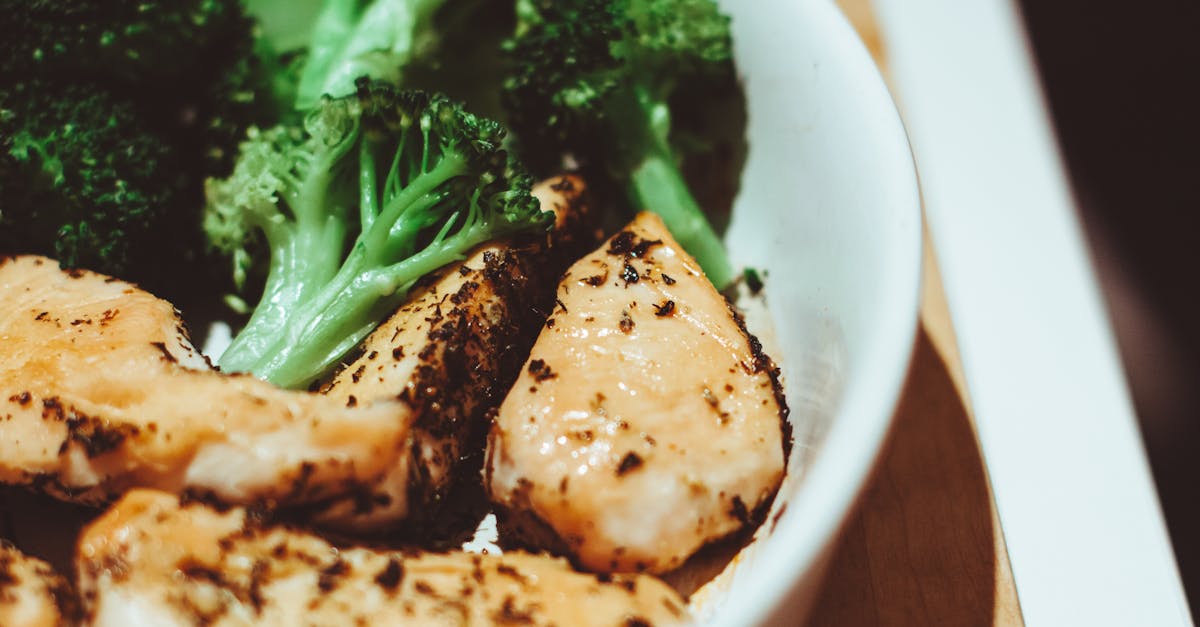
Processed meats are often high in sodium, nitrates, and unhealthy fats, contributing to various health risks. Replacing them with lean proteins such as chicken, turkey, fish, or plant-based options like tofu and legumes can improve your diet significantly. Lean proteins are essential for muscle maintenance, weight management, and overall health. Fish, especially oily varieties like salmon, are rich in omega-3 fatty acids, beneficial for heart and brain health. This swap not only diversifies your protein sources but also aligns with sustainable eating practices.
7. Nut Butters Over Traditional Spreads
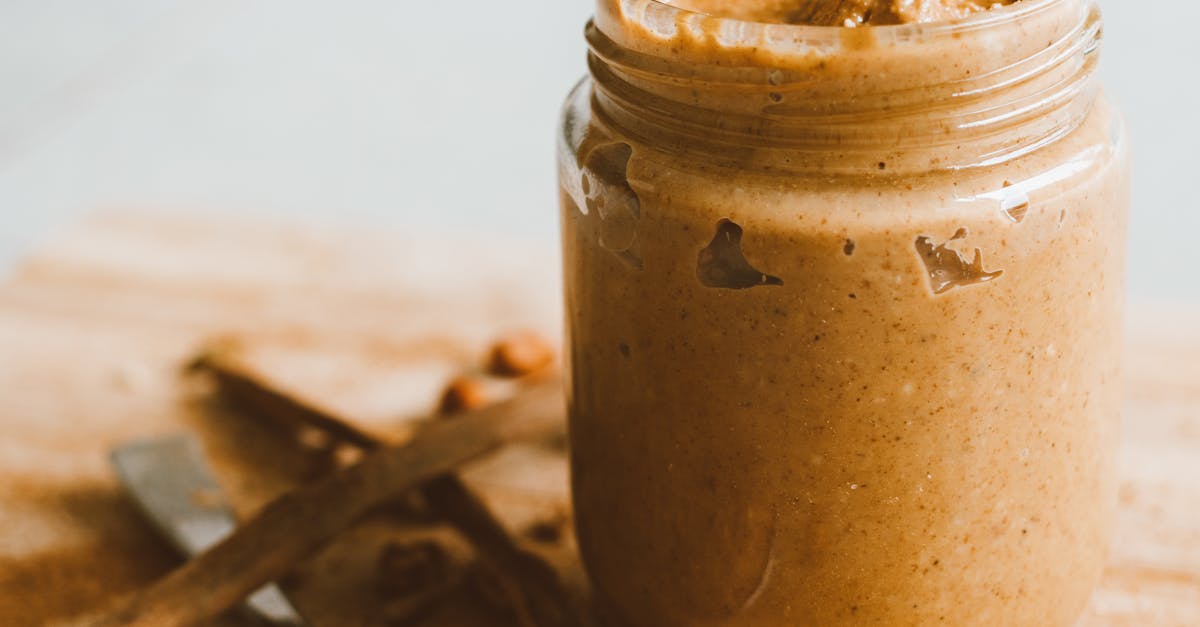
Traditional spreads like butter and margarine can be high in saturated fats and artificial additives. Swapping these for nut butters, such as almond or peanut butter, provides a dose of healthy fats, protein, and fiber. Nut butters are rich in vitamins and minerals, including vitamin E and magnesium, supporting heart health and reducing inflammation. They can be used in a variety of ways, from spreading on toast to adding creaminess to smoothies, making them a delicious and nutritious alternative.
8. Cauliflower Over Starchy Carbs
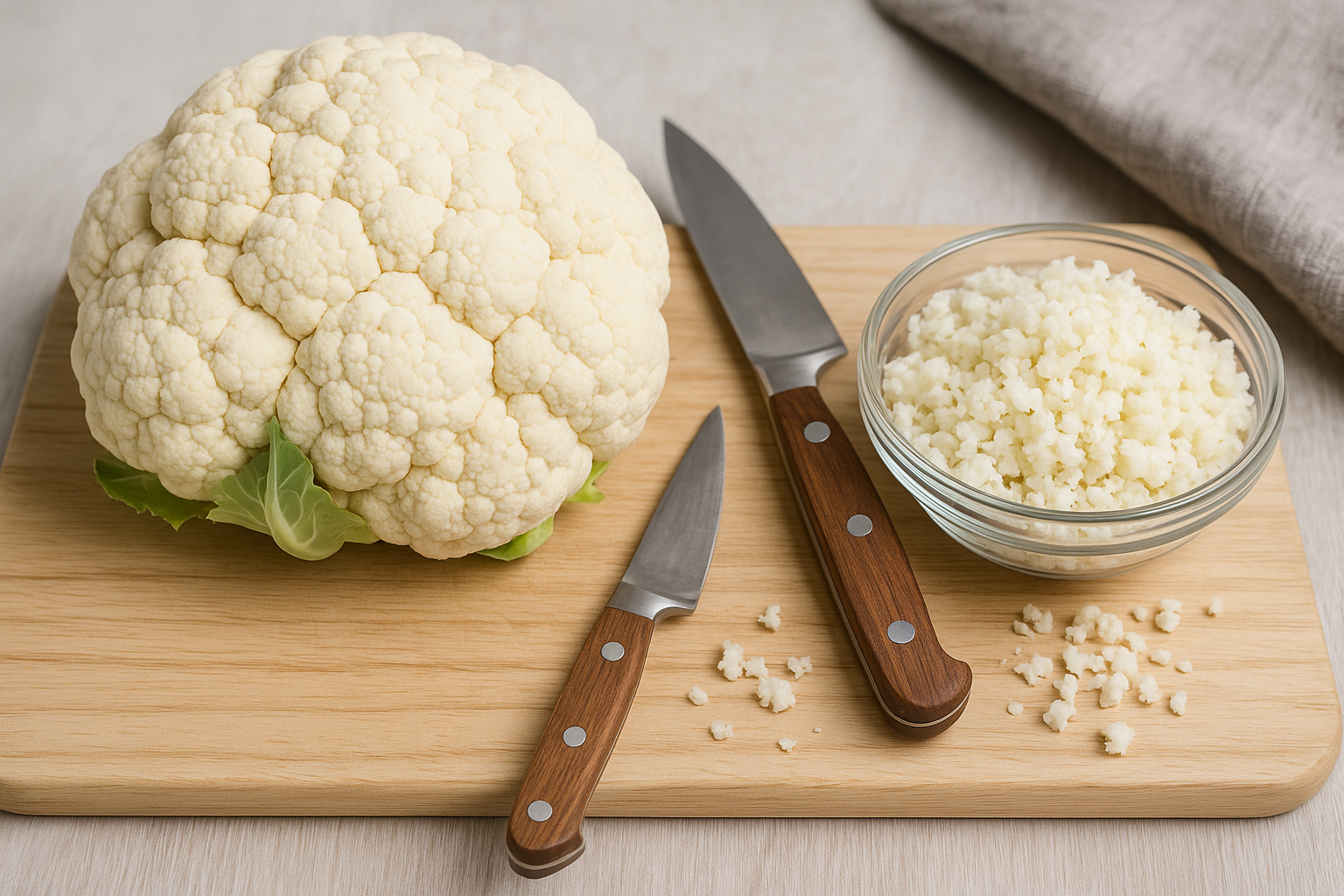
Cauliflower is a versatile vegetable that can replace starchy carbs like potatoes, rice, and even pizza crusts. Low in calories and high in fiber, cauliflower supports weight loss and digestive health. Its mild flavor and adaptable texture make it a perfect canvas for various dishes. Cauliflower rice, mashed cauliflower, and cauliflower pizza crusts are popular swaps that allow you to enjoy your favorite comfort foods with fewer carbs and calories. This swap encourages creativity and innovation in meal preparation, offering endless possibilities.
9. Avocado Over Mayonnaise
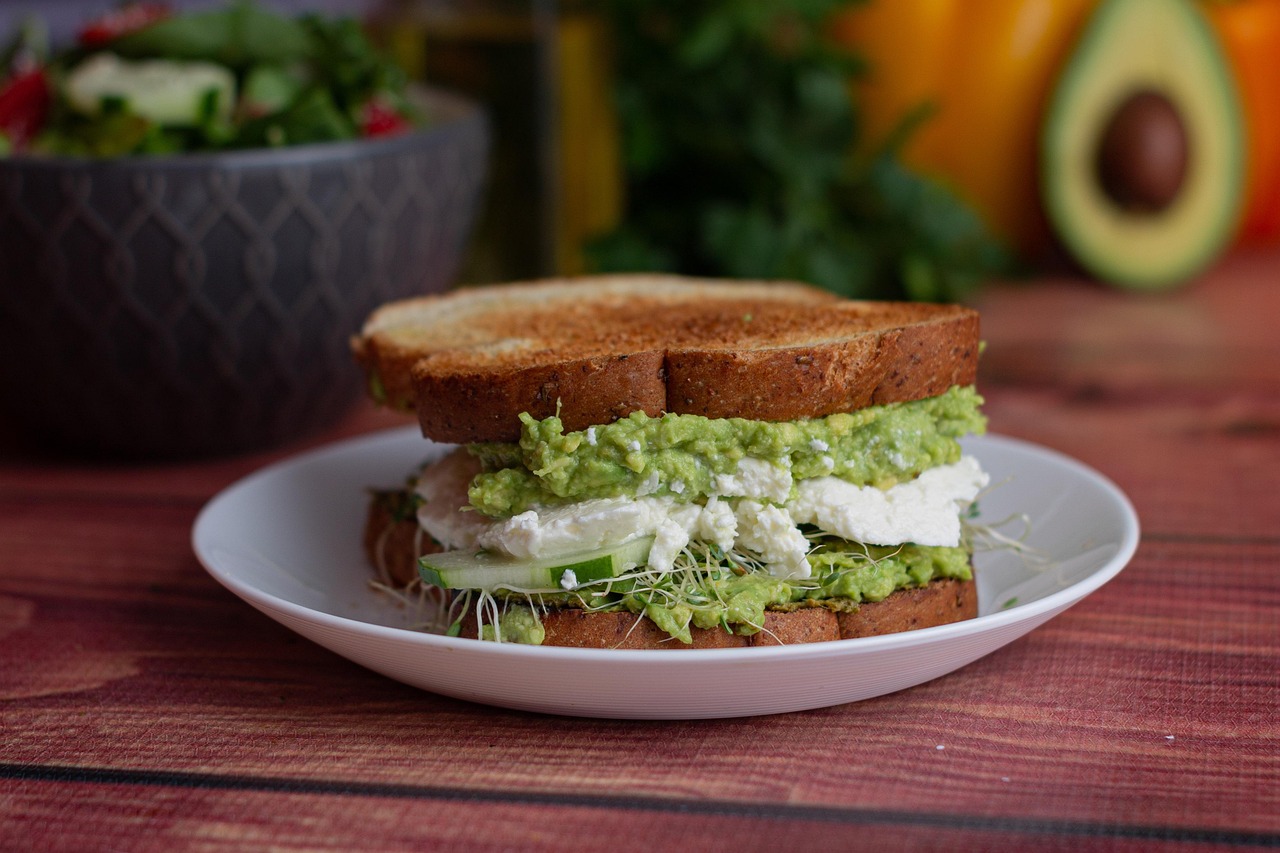
Avocado is a nutrient-dense fruit that can replace mayonnaise in sandwiches, salads, and dressings. High in healthy monounsaturated fats, avocados support heart health and provide a creamy texture similar to mayonnaise. They are also rich in potassium, fiber, and antioxidants, contributing to overall wellness. The subtle flavor of avocado complements a wide range of dishes, adding richness without the guilt. This swap not only enhances the nutritional profile of your meals but also aligns with modern dietary preferences.
10. Vegetable Broth Over Cream-Based Soups

Cream-based soups are often laden with calories and saturated fats. Replacing them with vegetable broth can significantly reduce calorie intake while adding nutrients. Vegetable broth is low in fat and can be enriched with herbs and spices for flavor. It serves as a base for soups, stews, and sauces, providing depth and richness without the heaviness of cream. This swap supports weight management and heart health, offering a lighter alternative that doesn’t compromise on taste.
11. Dark Chocolate Over Milk Chocolate

Dark chocolate is a healthier alternative to milk chocolate, containing less sugar and more cocoa solids. Rich in antioxidants, dark chocolate supports heart health and improves brain function. It also contains fiber and minerals like iron and magnesium. By choosing dark chocolate with at least 70% cocoa content, you can indulge in a treat that satisfies your sweet cravings while offering health benefits. This swap allows you to enjoy chocolate guilt-free, contributing to a balanced and nutritious diet.
12. Legumes Over Refined Flours

Legumes such as lentils, chickpeas, and beans can replace refined flours in various recipes, offering a gluten-free and protein-rich alternative. They are high in fiber, aiding digestion and promoting satiety. Legumes can be used to make flour for baking or as a base for dishes like hummus and veggie burgers. This swap enhances the nutritional value of your meals, providing essential nutrients and supporting heart health. Incorporating legumes into your diet encourages a plant-based approach, beneficial for both health and the environment.
Embrace the Pantry Revolution
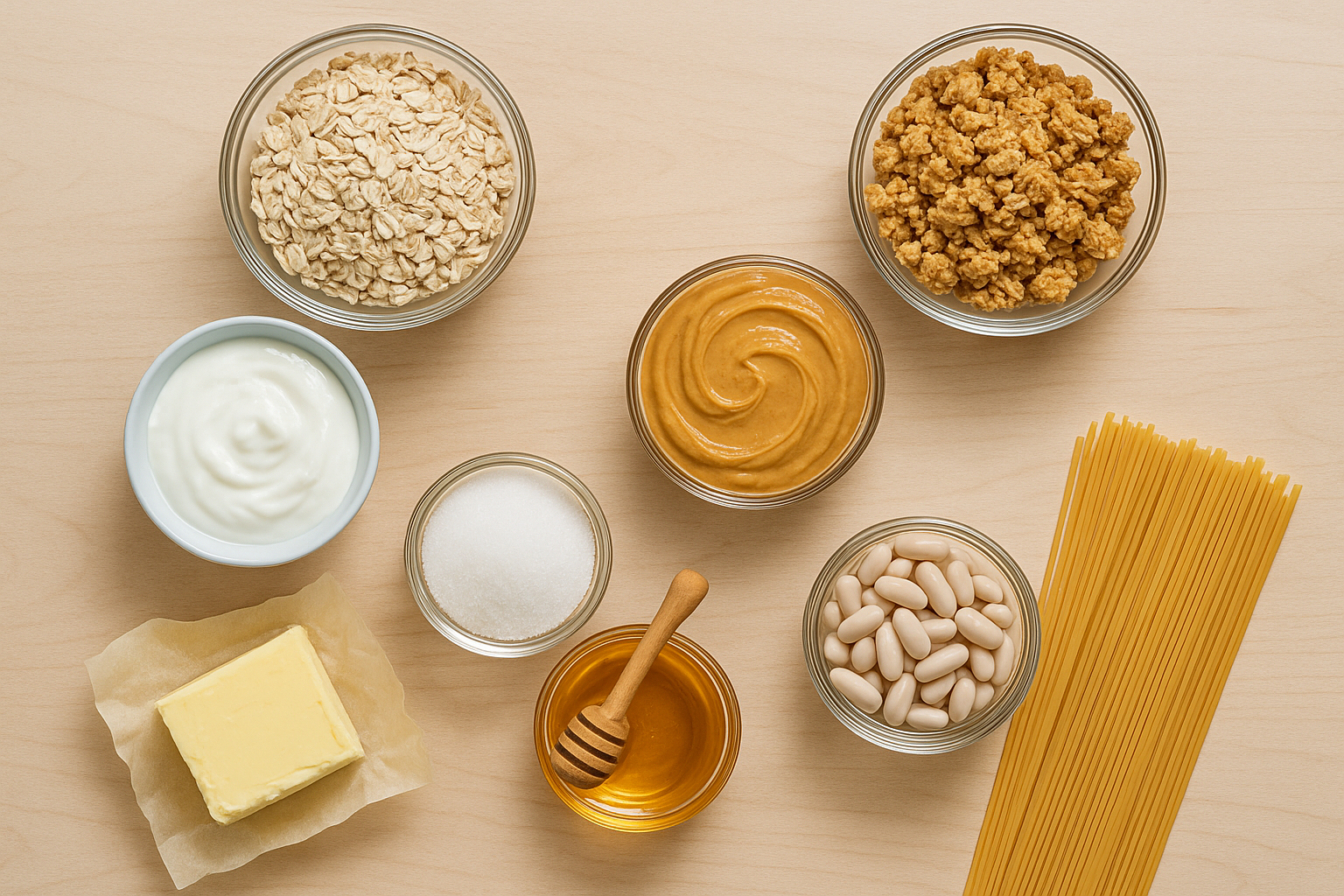
Upgrading your pantry with these 12 ingredient swaps is a step towards a healthier lifestyle. Each change, while simple, has the potential to transform your meals, boosting their nutritional value and aligning with modern dietary trends. By embracing whole grains, natural sweeteners, and plant-based alternatives, you support your health goals while exploring new culinary horizons. This pantry revolution not only enhances the quality of your meals but also contributes to a sustainable and mindful approach to eating. As you implement these swaps, you'll find that a healthier pantry leads to a healthier you, one meal at a time.
